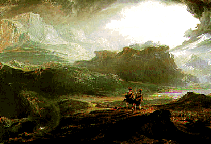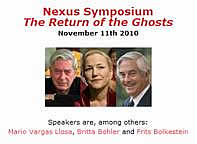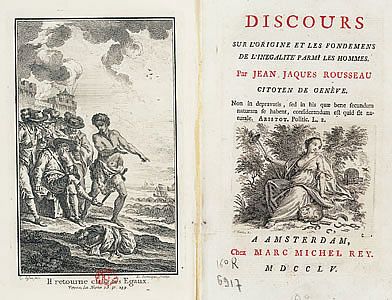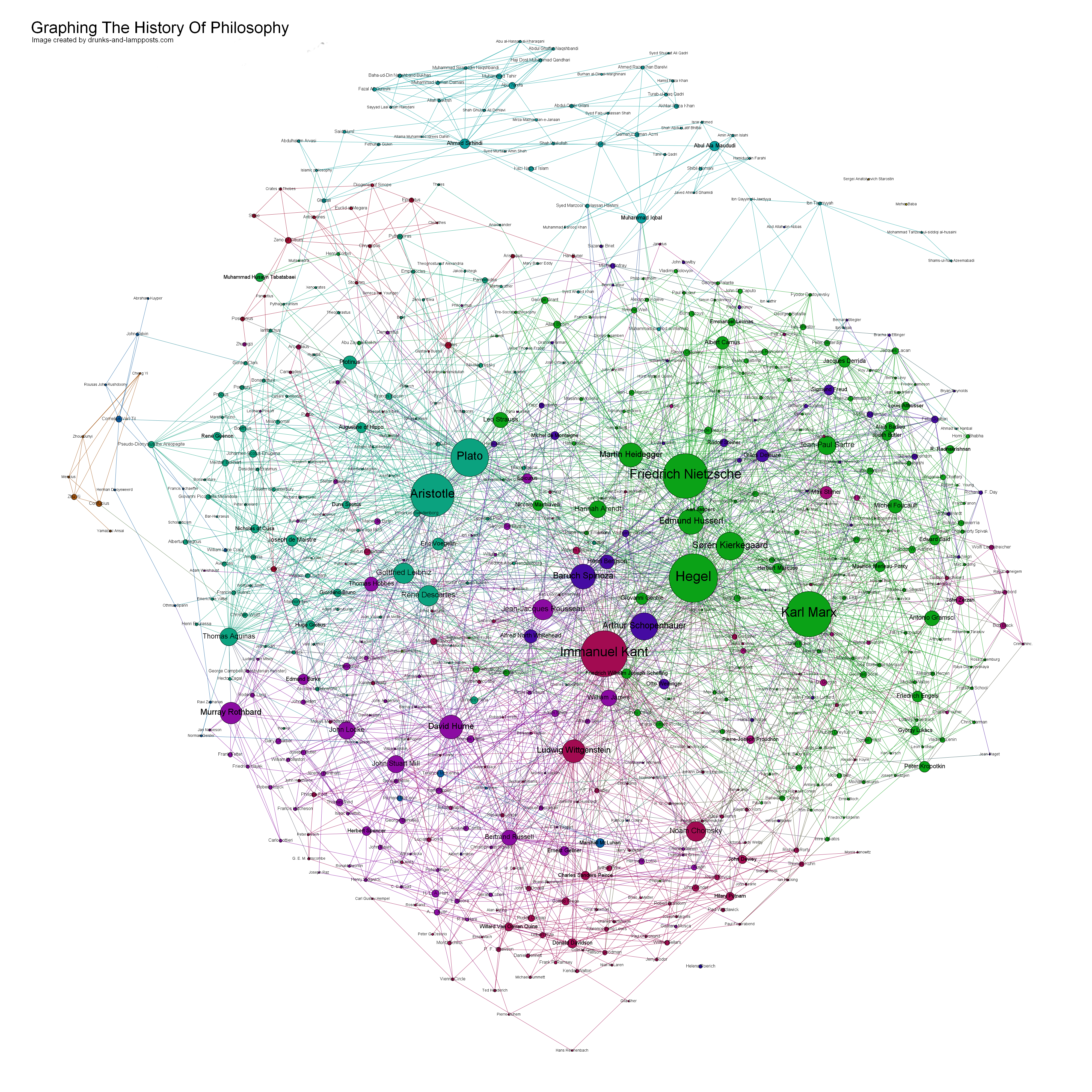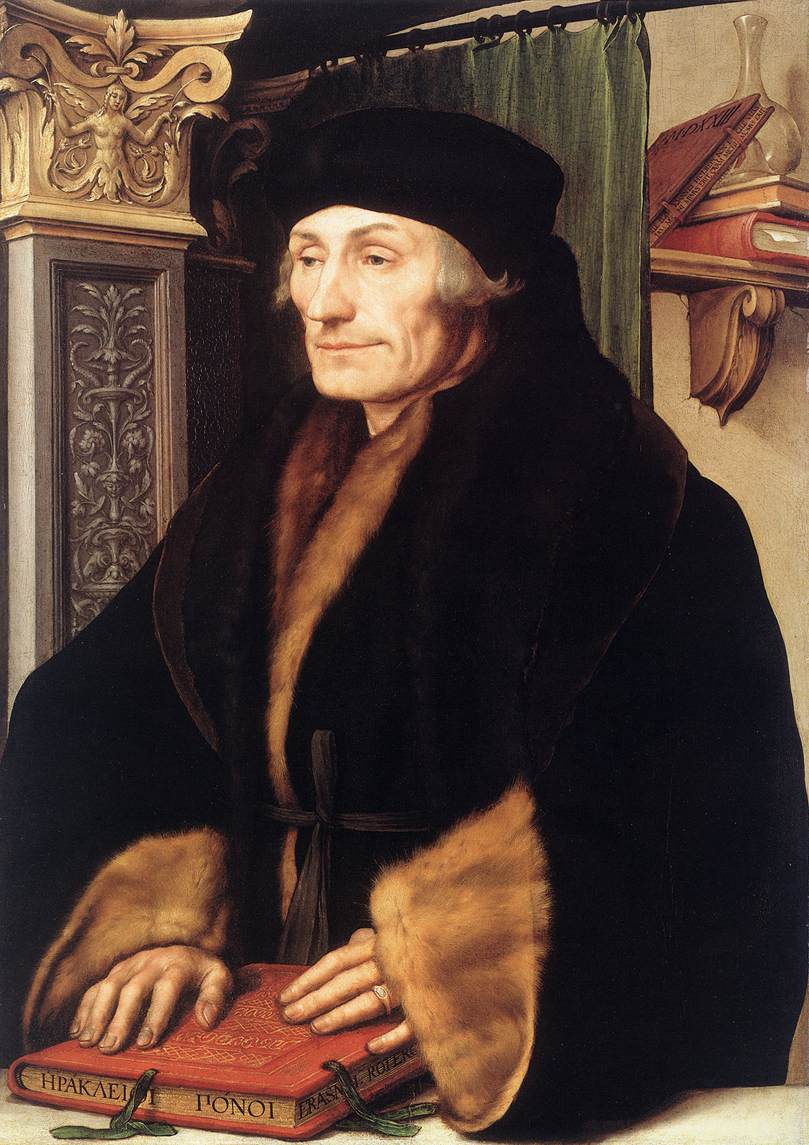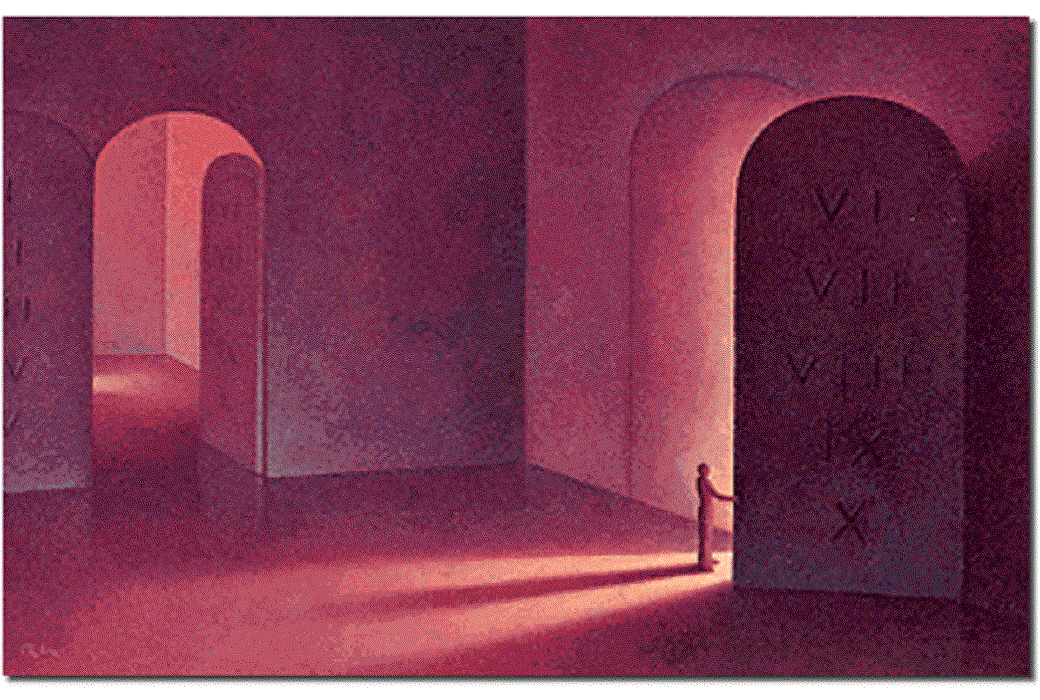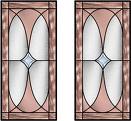Gaining an understanding of group dynamics and how to "fit in" is part of socialization. Individuals develop interpersonal relationships and begin to make choices about whom to associate with and under what circumstances and they develop a sense of community. People need:
-
places: the home, the office, and the community hangout or gathering place taking form in bookstores, coffeehouses, salons, and local pubs and through many more innovative means to create the social capital needed to foster the sense and spirit of community and
- other elements: membership, influence, integration and fulfillment of need, and shared emotional connection.
If community exists, both freedom and security exist as well. The community then takes on a life of its own, as people become free enough to share and secure enough to get along. In 1789, the French Revolution provided inalienable human rights, rule of law, division of powers, sovereignty of the people and representative democracy as values, which are seen as part of our European identity. The sense of connectedness and formation of social networks comprise what has become known as social capital, "the collective value of all social networks and the inclinations that arise from these networks to do things for each other (norms of reciprocity)". Western cultures are said to be losing the spirit of community that once were found in institutions including churches, community centers and sports.
To counter occurrence of destructive dynamics, the European idea has emerged and is, using the concept of differentiated integration and approach of multi-level governance, a direction sought to achieve common goals. Europa is the largest area of peace and prosperity in history, biggest humanitarian aid provider, and operates with the most comprehensive diplomatic network of the world. Moreover, the polity provides the successful Erasmus+ program, yields the single market, fosters the trade agenda, agreed the Europe 2020 growth strategy, is creating a common energy policy, and is working to reform of the financial sector. A list of reasons to like the EU might read as follows:
- it has helped bring a lasting peace to Europe, mainly through the single market,
-
it has promoted prosperity, innovation, opportunity and choice, also thanks to the single market,
-
it has raised standards and expectations,
-
it has helped Europeans understand their shared values and what they have in common,
-
it has reduced – yes, reduced – regulation and red tape by harmonizing national laws in numerous areas of policy,
-
it has helped replace self-interest with shared interests, and exclusion with inclusion,
-
it has promoted democracy and free markets at home and abroad, by bringing together 28 governments and more than 500 million people,
-
it has allowed Europe to speak with a louder voice, it offers a benchmark model of civilian power, showing what can be achieved through peace rather than the threat or use of violence and
-
it has encouraged a rules-based approach to international affairs.
|

